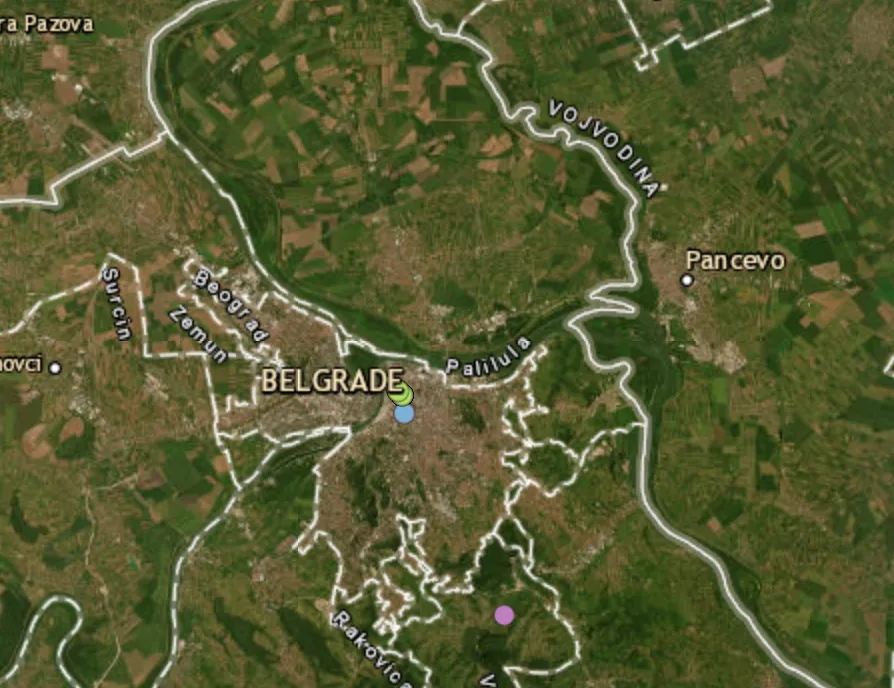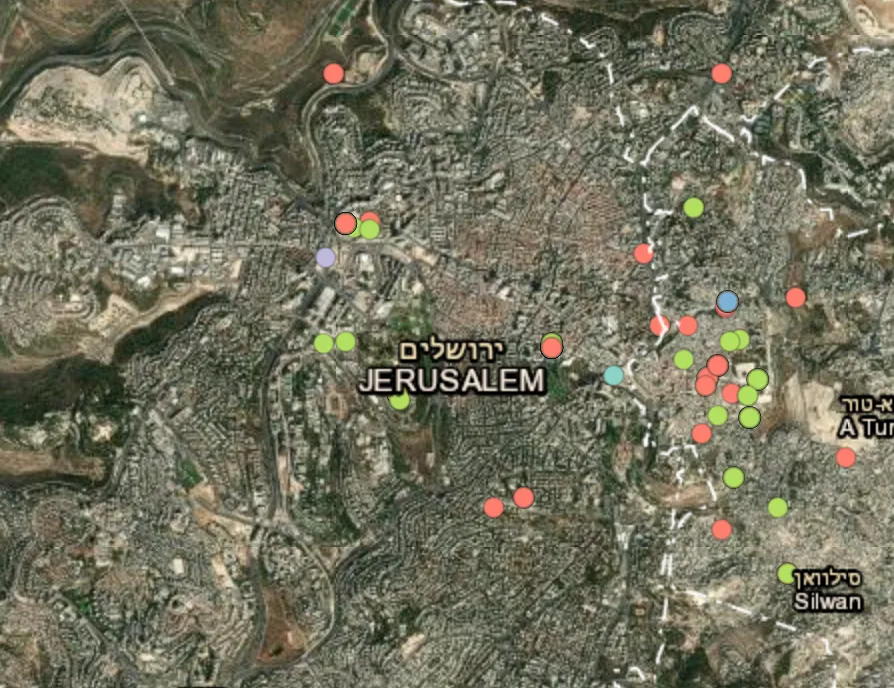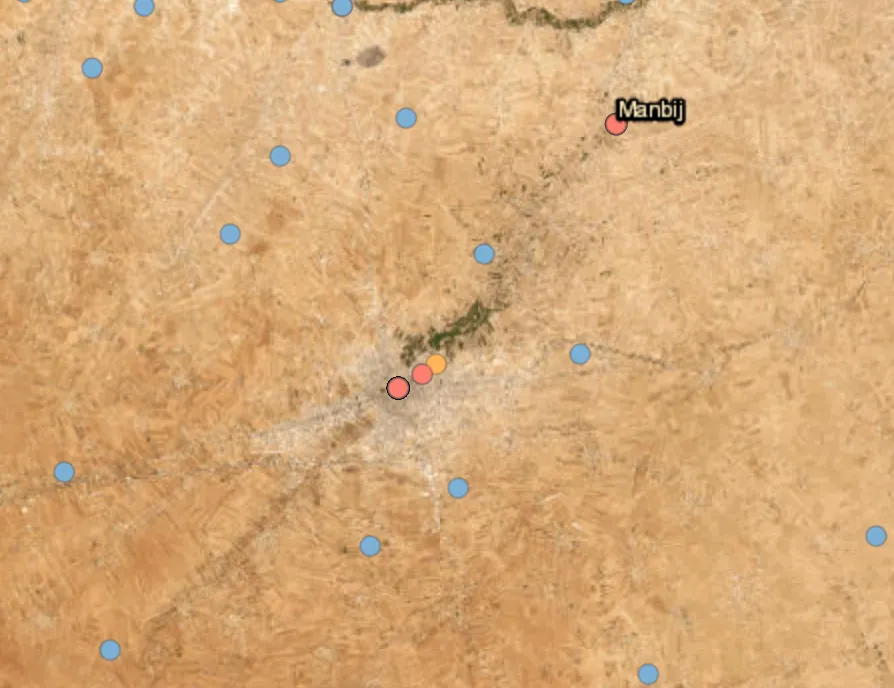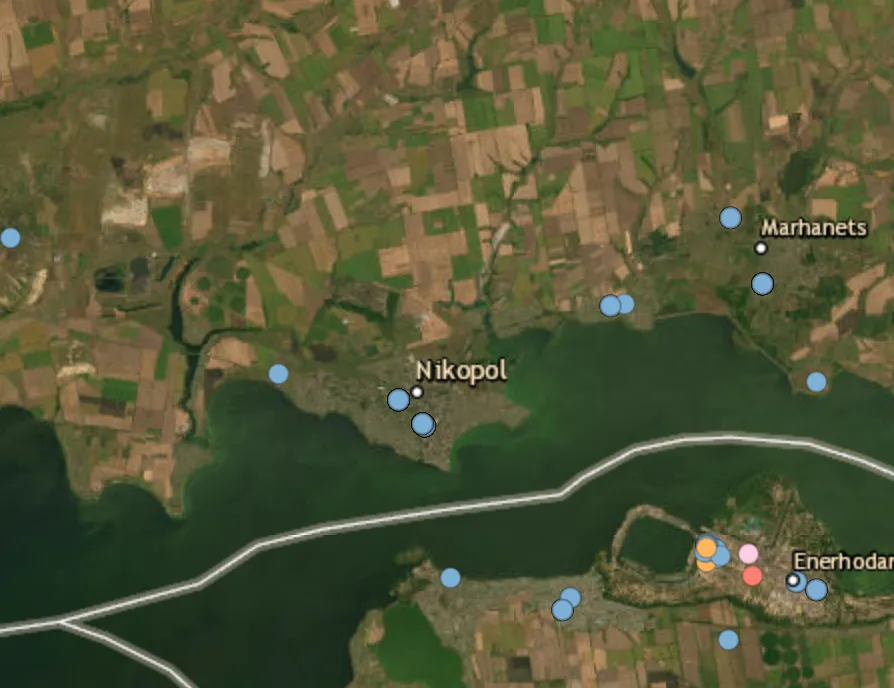Introduction
This Geopolitical Report Tearline briefing summarizes key global events collected and mapped on January 17th, 2025, for the Geopolitical Report. It is intended to provide readers with a concise overview of major geopolitical developments, emerging threats, and key actors to watch.
Major Themes
- Escalation of Violence and Instability: Today's reporting highlights a surge in violent incidents across various regions, including South America, the Middle East, Africa, and Asia. This points to a trend of escalating conflict and instability, with potential implications for regional and international security.
- Great Power Competition: Actions taken by major powers like the US, Russia, and China showcase the ongoing competition for influence on the global stage. The emergence of new alliances and partnerships further complicates this dynamic.
- Transnational Threats: Terrorism, cyberattacks, and migration continue to pose significant transnational challenges. These threats require coordinated international responses to mitigate their impact effectively.
- Impact of the War in Ukraine: The ongoing conflict in Ukraine continues to have far-reaching consequences, as seen in the reported casualties, drone attacks, and sanctions. The conflict's impact extends beyond the immediate region, affecting global energy markets, security dynamics, and international relations.
Key Areas of Interest
- Colombia: Gustavo Petro's plan for total peace in Colombia fell apart today when peace talks with ELN were suspended again. This came as ELN and FARC factions clashed near the Venezuelan border.
- Middle East: The Israel-Hamas ceasefire, mediated in Doha, presents a fragile opportunity for de-escalation. However, internal political tensions within Israel and the potential for renewed hostilities make the situation precarious.
- Africa: Violence in Sudan and South Sudan underscores the fragility of peace and stability in the region. Inter-communal violence, coupled with political instability and the activities of armed groups, poses significant challenges to security and humanitarian efforts.
- East Asia: Tensions between North Korea and its neighbors, fueled by military exercises and missile launches, highlight the ongoing security concerns in the region. China's assertive actions in the South China Sea also contribute to regional instability.
- Europe: The cyberattacks targeting Dutch universities demonstrate the vulnerability of critical infrastructure to malicious actors. The ongoing war in Ukraine continues to dominate the security landscape, with implications for regional stability and NATO's posture.










